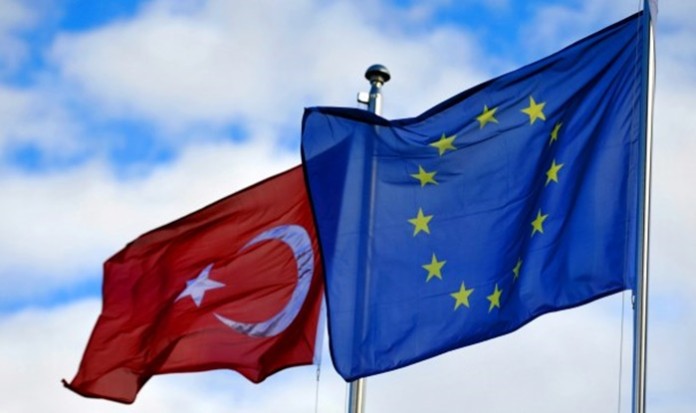President Nicos Anastasiades has asked the EU to add Turkish to the bloc’s 24 official languages, in order to boost attempts to reach a reunification agreement on the Mediterranean island, say his aides.
The move, rumoured since late January, was confirmed in a letter on Monday 29 February, in which Anastasiades called upon the EU to prepare to use Turkish as an official language. Republic of Cyprus (RoC) Government spokesman Victor Papadopoulos said that Anastasiades invoked Cyprus’ 1960 Independence Constitution, which established both Greek and Turkish as official languages of the new state.
It is a request that the RoC allegedly made in 2002 when Greek Cypriots were negotiating the island’s accession to the EU. But it was apparently advised then not to pursue the matter too aggressively, given the inherent costs and the delicate matter of EU-Turkey relations.
It is estimated that adding Turkish would add €37 million to the EU’s annual translation costs, as the number of language combinations would increase from 552 to 600. However, using Turkish would probably not be too much of an upheaval, given that institutions such as the European Council already have Turkish specialists to assist their frequent contacts with Ankara.

The RoC’s renewed interest in seeing Turkish added to the EU’s language list suggests to some that a reunification settlement is in the offing and that both sides are confident of a deal being struck soon. Recognition of Turkish was an inherent part of the Annan Plan, killed off by the Greek Cypriot “No” vote in 2004.
Other observers are less confident. One well-placed source told T-VINE: “There is an insidious political motive behind this move aimed at legitimising the current status of the Republic of Cyprus vis-à-vis the Turkish Cypriot community. A federal partnership [government] in a newly united Cyprus would make such an application in any case. But by doing it now, Greek Cypriots can maintain that the new partnership is merely a continuation of the original 1960 Republic, which they usurped in 1963 and has been regarded as defunct by their Turkish Cypriot partner ever since.”
“Of course this is cleverly being portrayed as a unilateral goodwill gesture by the noble Greek Cypriots. Yet their unilateral application goes against the spirit of a new era of power-sharing between two politically equal constituent states [in Cyprus].”





